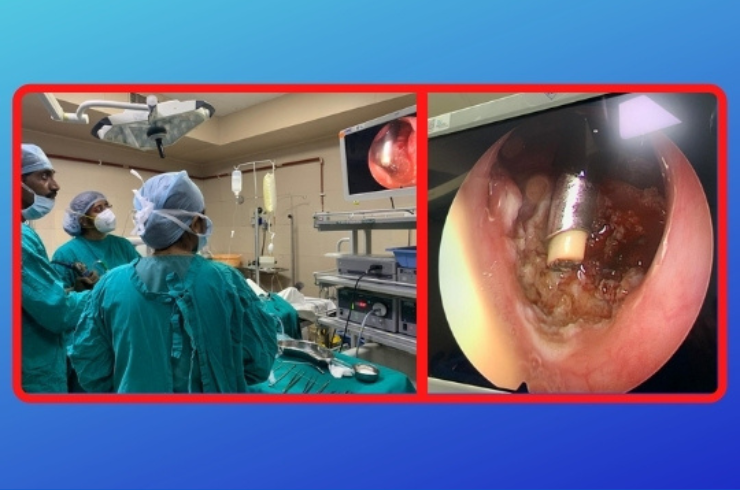
Adult neurogenic communication disorders occur due to damage to the central or peripheral nervous system, leading to difficulties in speech, language, and communication. These disorders typically affect individuals who once had normal communication abilities. They can develop suddenly, such as after a stroke, or gradually, as seen in progressive neurological diseases like Parkinson’s or ALS (Amyotrophic Lateral Sclerosis). Speech and communication problems are often early indicators of neurological issues.
The symptoms depend on the type and location of nerve or brain damage but often include:
If speech, language, or cognitive abilities change suddenly (as with a stroke) or gradually worsen (as in neurodegenerative diseases), it’s important to seek a medical evaluation. Early intervention can help manage the condition and improve communication outcomes, often improving quality of life for those affected.
Schedule your consultation today and start your journey to better health!